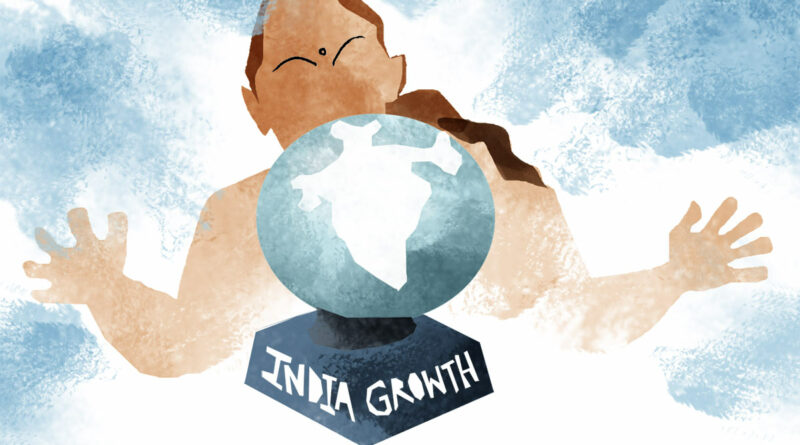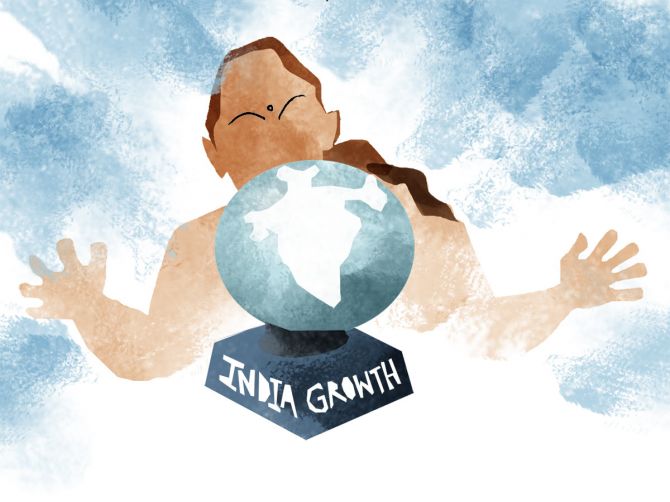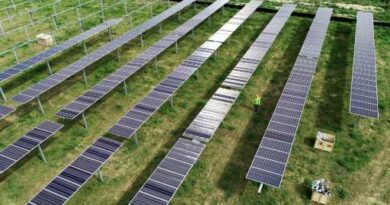‘BJP is focused on economic growth’
‘I see in the BJP an attempt to get growth and redistribution of resources.’
‘For growth you need growth of the economy.’
Economist Ila Patnaik wanted to know how the Bharatiya Janata Party functions, how it takes decisions.
During interactions with parliamentary committees — one of which was headed by Bhupender Yadav, the senior BJP leader who is currently India’s environment and labour minister — Patnaik got a sense of the BJP’s decision-making process.
Yadav and Patnaik then decided to write a book on the BJP’s political journey so far. The Rise of BJP: The Making Of The World’s Largest Party is an insider’s account written with restraint.
In an exclusive conversation with Rediff.com Senior Contributor Sheela Bhatt, Ila Patnaik discusses how she views the BJP as an economist.
The concluding segment of a two-part interview:
- Part I: ‘Modi wants to raise standard of living’
Some have criticised you, saying they will not respect you now as much. That you will be identified more with the BJP, less considered an economist.
See, I am never worried about labels and tags that may be put.
What matters to me is whether I have the open-mindedness to try to understand anybody, whether it is the Communists or whether it is the BJP.
I come from a family where there are all types of political hues in the family.
So, I have this sense that one has to understand whatever is happening. So you know if people want to put labels, they can put labels.
When Prime Minister Modi arrived in Delhi, lots of people thought that the Gujarat model would become the BJP model and the BJP model would come to Delhi too. But, those people aren’t happy now.
The expectations from Modi were different for industrialists and entrepreneurs.
I think at the level of Gujarat state, a lot more implementation work was done and in a very efficient way.
But when you come to the central government, the focus is on policy making, not as much implementation.
In the space of finance, in the space of industry, trade policy, there is a lot of policy making. Policy making is far more complex and far more difficult and takes a longer time to have an effect.
So any policy, it’s not like making a road.
The role of the State, the role of the government are different things.
The Centre tries to keep inflation low, so we set up an inflation targeting central bank.
We try and do fiscal prudence so that people don’t suffer from high inflation.
Those are a very different kind of, set of policies and they don’t have that immediate impact which an efficient state government can do.
So they are two different animals. I don’t think it is fair to compare the two.
When BJP leaders say that Hindutva and development go hand-in-hand, what do you understand of it?
I look at the policies of the government and I try to see whether there was any discrimination against one group versus another, whether there was discrimination on the basis of caste, religion.
Whether there was discrimination in case of region by the ‘upper caste Hindu party’, then, that should have been visible in the policies of the party particularly on the economic front.
I don’t see that. I have studied it very thoroughly in the process of my research.
How do you see the mismatch of the Swadeshi Jaagran Manch within the Sangh Parivar and a government pursuing the Bullet train.
I see in the BJP an attempt to get growth and redistribution of resources.
For growth, you need growth of the economy.
We have discussed some of those issues in the book, that there are differences between the BJP and the RSS, whether it is on FDI or some policies. From what I saw, the party is very much focused on getting economic growth.
Where is it failing?
Who says it’s failing? I thought we started off with the story of the success of the party from 2 seats to where we are today.
I don’t call that failure, I call it success.
Feature Presentation: Aslam Hunani/Rediff.com
Source: Read Full Article




